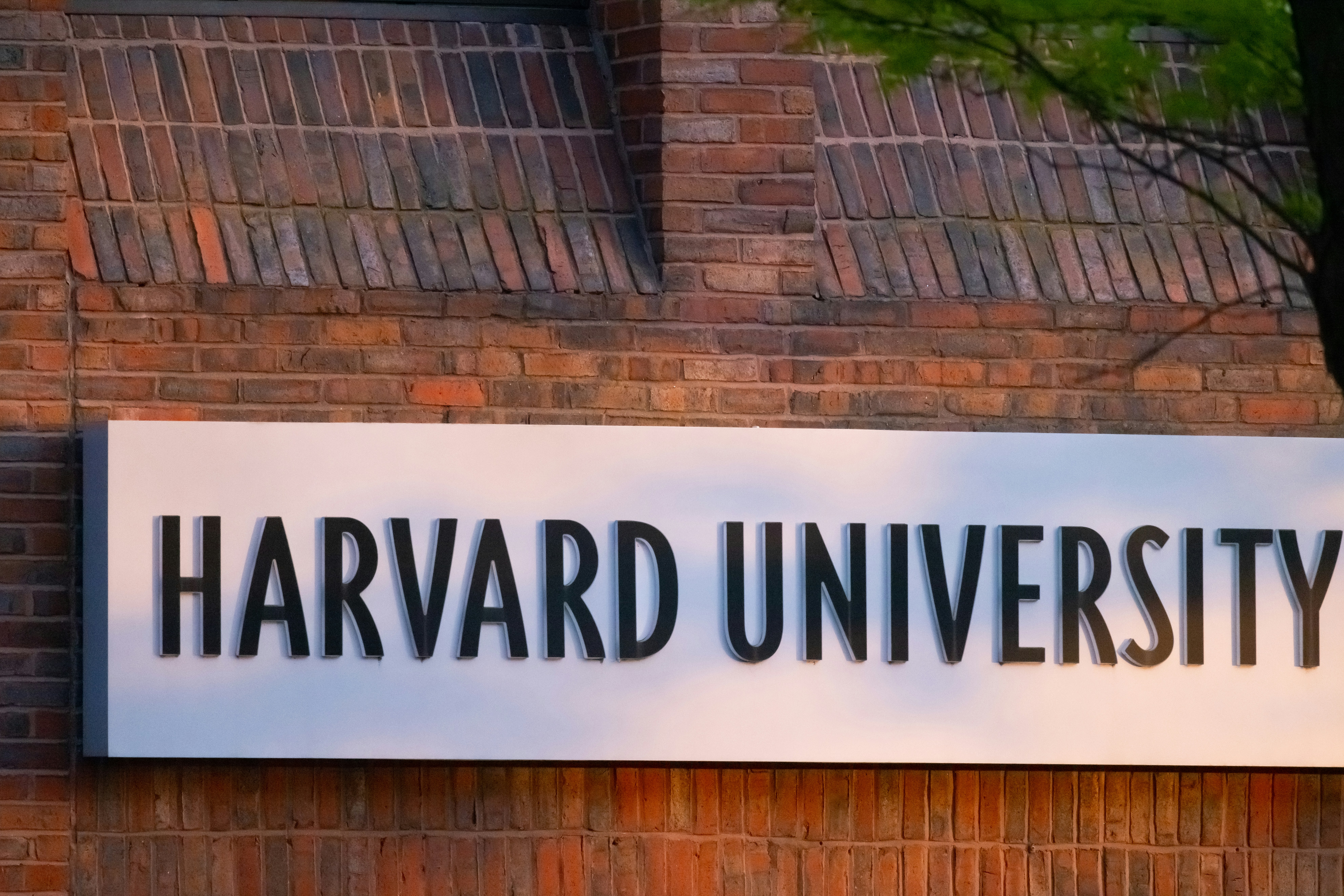Hong Kong Chief Executive John Lee’s invitation to international students—particularly those facing uncertainty at Harvard University amid rising US political tensions—is not just a diplomatic gesture or education initiative. It is a calculated signal: Hong Kong is repositioning itself as an academic and innovation hub with cross-border sovereign capital ambitions. What appears on the surface as a pitch for talent is, in reality, a deeper recalibration of the city’s economic posture.
At the center of this effort is the Northern Metropolis, a long-anticipated mega-development located near the Shenzhen border. Once described as a northern satellite for housing and light industry, it is now being actively recast as a strategic knowledge and innovation zone. A dedicated area for universities and research institutions has already been earmarked. Its location—within operational range of Shenzhen’s tech and manufacturing core—suggests a clear intent: to engineer institutional adjacency between Hong Kong’s legal-financial credibility and China’s industrial R&D muscle.
This is not about creating another academic district. It is about embedding education into the upstream layer of a capital-industrial corridor. Universities in this setting become more than schools. They act as magnets for transnational talent, nodes in intellectual property formation, and legitimizing vehicles for research collaborations that would otherwise be constrained by Western policy barriers.
Seen in this light, the so-called “Harvard International” notion—inviting politically displaced talent to resettle in Hong Kong—takes on a different character. It becomes a soft entry point into a harder, more capital-aligned structure. What Hong Kong is offering is not just a degree, but a seat within a geo-industrial realignment. One that blends academic freedom with strategic proximity to China’s manufacturing base and tech pipelines.
Hong Kong has long played a unique role in global capital markets: a Western-facing legal regime under Chinese sovereignty, fluent in both international finance and Chinese policy signaling. In recent years, however, that role has been undermined by US-China tensions, a shrinking IPO pipeline, and outbound capital caution. Rebuilding relevance requires more than regulatory clarity—it demands redefinition. And education, long seen as a non-commercial domain, is now being redeployed as a primary vector for that shift.
What gives this strategy momentum is its multi-domain alignment. First, it aligns with Beijing’s dual-circulation model, which emphasizes domestic innovation and reduced foreign dependence. Second, it aligns with China’s broader industrial upgrading—from hardware assembly to upstream IP creation. Third, it aligns with sovereign wealth logic: long-term, patient capital seeking stable, scalable, and geostrategically sound assets. University infrastructure in a jurisdiction like Hong Kong, if paired with credible research output and tech commercialization routes, becomes precisely that.
Other countries—Malaysia and Japan among them—have made similar gestures to international students amid the US campus turmoil. But their offers differ in nature. Malaysia is banking on affordability and cultural accessibility; Japan on research stability and safe harbor status. Hong Kong’s pitch is unique in its institutional alchemy: a legal system familiar to the West, a workforce bilingual in English and Chinese, and a physical linkage to Shenzhen, one of the world’s fastest-growing innovation zones.
From a capital allocation perspective, the opportunity is non-trivial. Sovereign funds, particularly those in the Gulf and Asia with mandates to back education, tech infrastructure, and geopolitical resilience, are increasingly looking for blended-yield assets. A university cluster that feeds talent into a regional tech corridor, backed by government land grants and long-term regulatory alignment, fits that criteria. The model isn’t just policy-aligned—it is capital-ready.
But execution risk remains. The Northern Metropolis project has long suffered from ambition-reality mismatches, and education reform alone won’t close that gap. Clarity is needed on governance structures: who funds, who governs, and who captures the commercial upside of research. Without institutional coherence and inter-agency alignment, the effort risks becoming yet another aspirational planning zone with weak operating logic.
There is also the question of academic credibility. Attracting students displaced from elite US institutions requires more than tuition waivers or ideological alignment. It demands global recognition, research depth, and assurance of academic independence—particularly in sensitive fields such as law, data science, or international relations. Hong Kong’s recent political tightening may cast a long shadow unless clearly delineated from its academic governance zones.
Still, for capital observers and policymakers, the directional signal is clear. Hong Kong is trying to engineer a new relevance by recasting education as an instrument of economic and strategic utility. The goal isn’t just to teach students. It’s to embed them into a capital formation logic that converges R&D, industrial scale-up, and sovereign-backed infrastructure.
In this framing, the true comparative advantage is not curriculum—but conversion: how efficiently human capital is converted into innovation output, how research is converted into IP, and how trust is converted into investment. Education becomes the substrate. The system it feeds into is what ultimately matters.
Hong Kong’s education pivot is not a reputational fix. It is a structural move to re-anchor its capital positioning through institutional adjacencies with China’s industrial heartland. If the Northern Metropolis succeeds, it will be not just a home for students—but a launchpad for sovereign-aligned capital in Asia’s next wave of innovation infrastructure.















-1.jpg&w=3840&q=75)